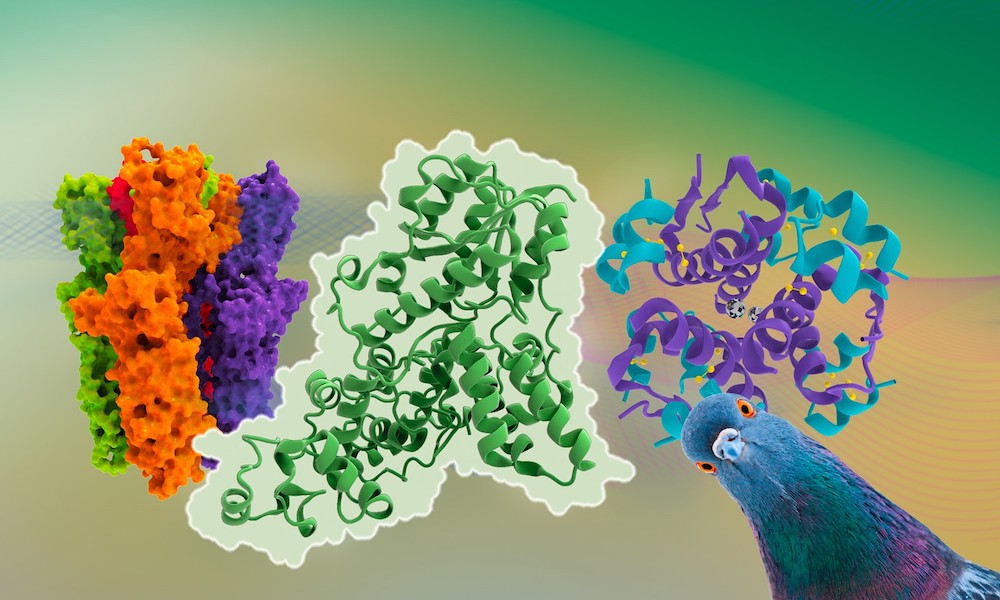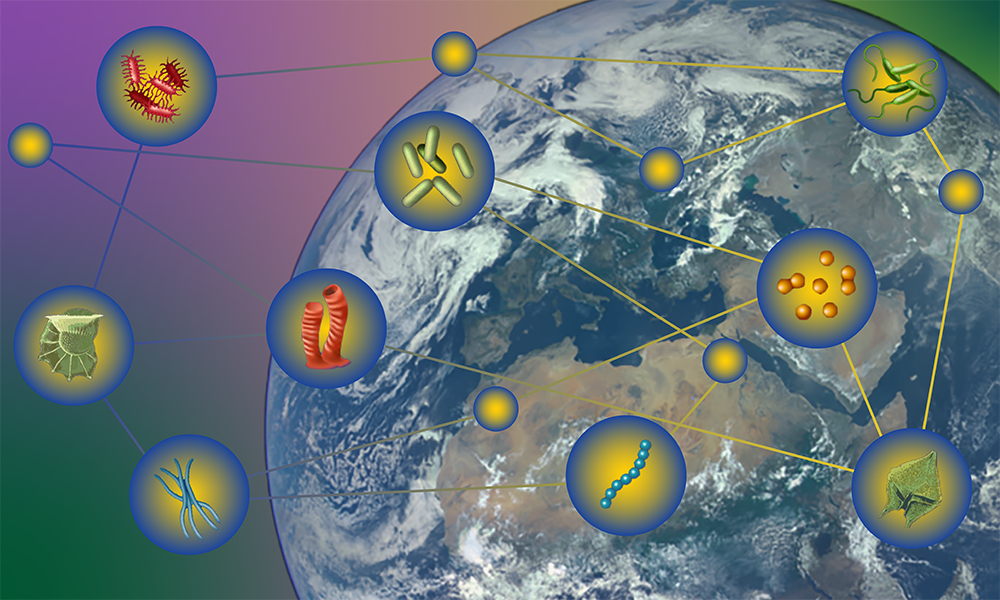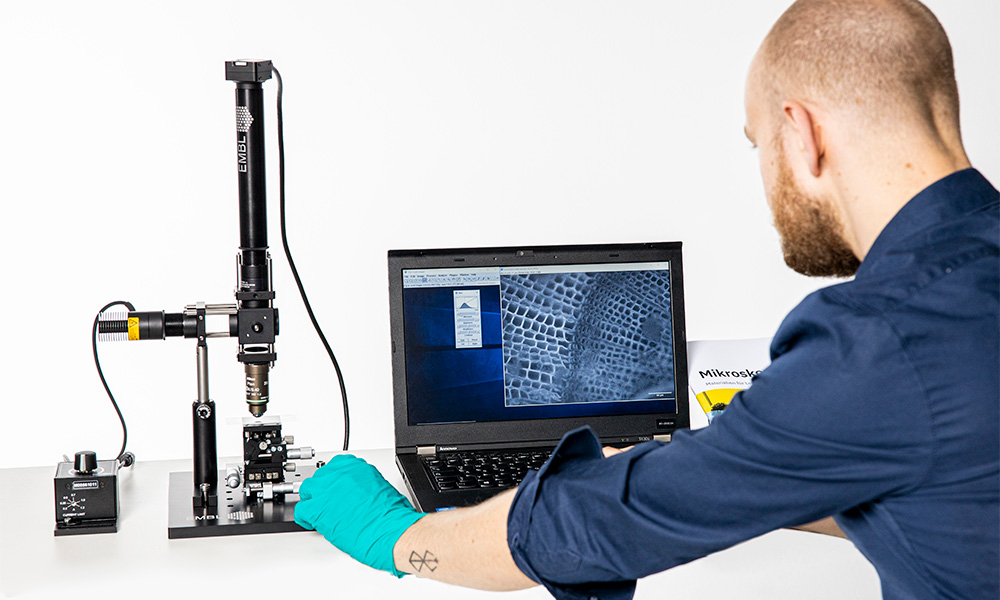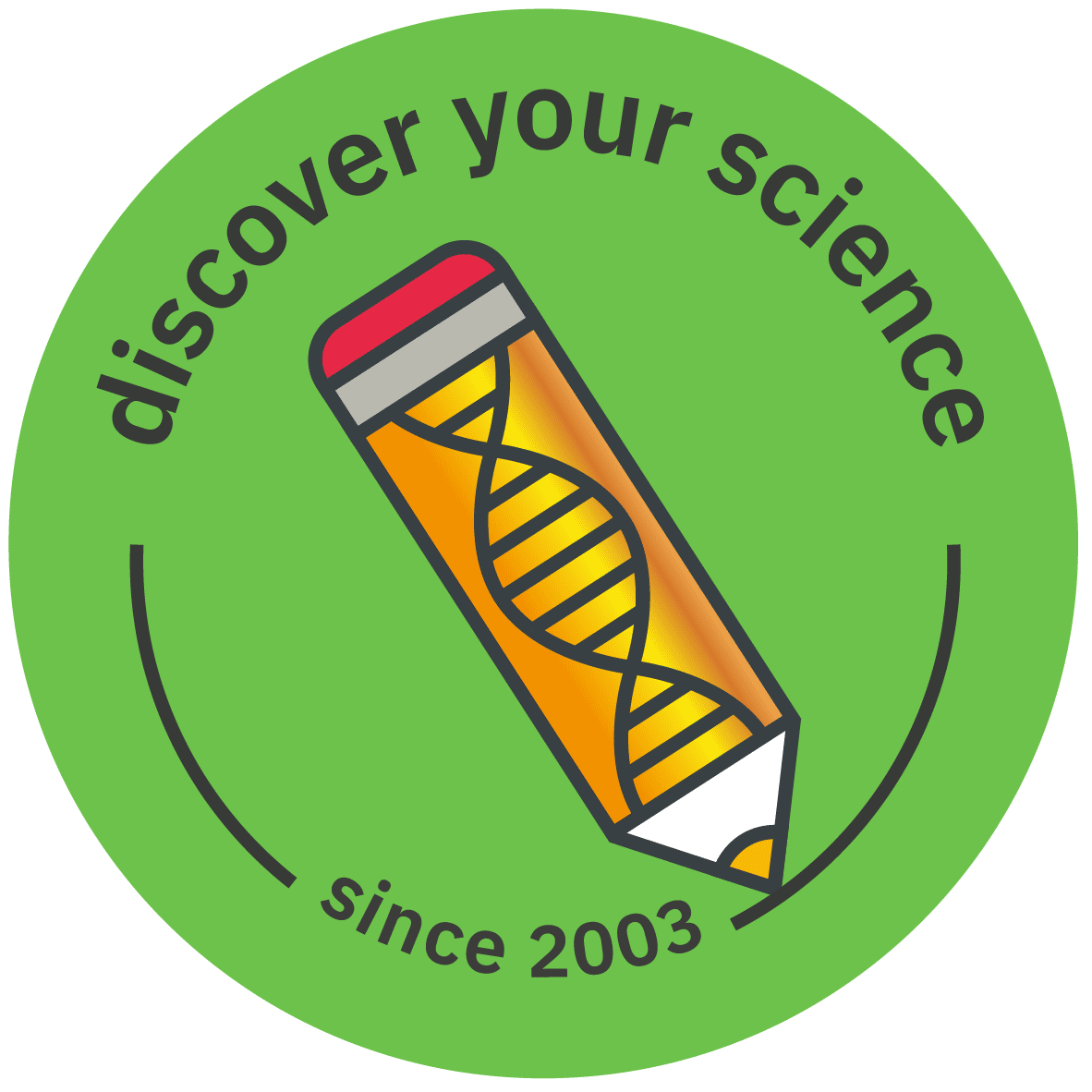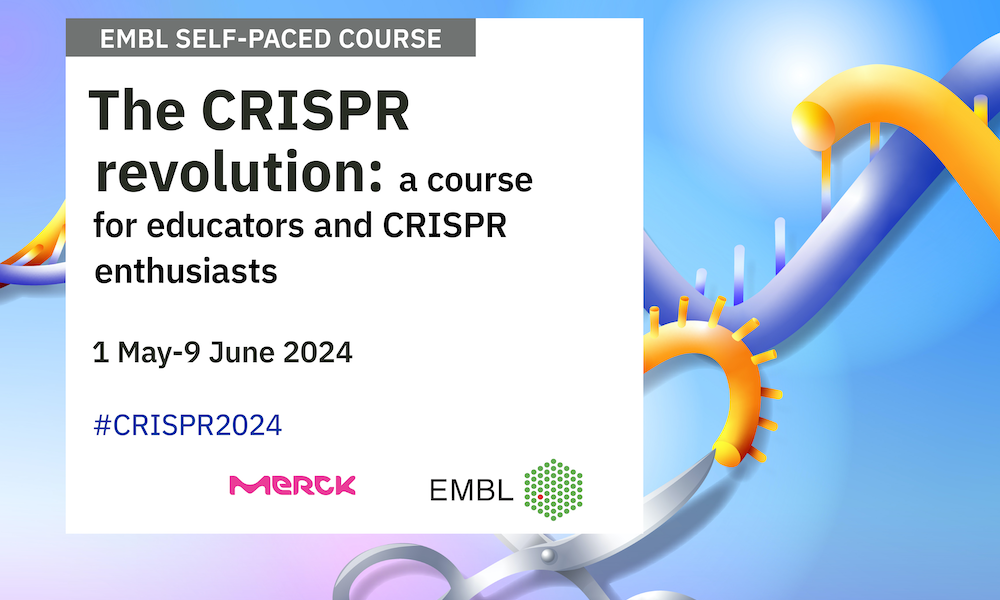
Let’s go on a journey: to a comet and into our brains!

 This week space enthusiasts are curiously following the European Space Agency’s manoeuvres to place a small lander on the surface of comet 67P/Churyumov-Gerasimenko – more than 400 million kilometers away from Earth. The Rosetta spacecraft was launched 10 years ago and has been travelling this huge distance through the solar system to finally reach the comet this week. The Philae lander module – with the size of a washing machine – has left its mothership Rosetta and landed on the comet yesterday. It is now trying to analyse the comet’s composition and will send pictures from the comet’s surface.
This week space enthusiasts are curiously following the European Space Agency’s manoeuvres to place a small lander on the surface of comet 67P/Churyumov-Gerasimenko – more than 400 million kilometers away from Earth. The Rosetta spacecraft was launched 10 years ago and has been travelling this huge distance through the solar system to finally reach the comet this week. The Philae lander module – with the size of a washing machine – has left its mothership Rosetta and landed on the comet yesterday. It is now trying to analyse the comet’s composition and will send pictures from the comet’s surface.
During the SET-Routes project (EC FP6 funded), which the European Learning Laboratory for the Life Sciences (ELLS) at EMBL has coordinated, we produced a lecture for students and teachers called “Let’s go to a comet – Mission Rosetta”. Our presenter at the time was Elsa Montagnon, an engineer and Spacecraft Operations Manager at the European Space Agency’s European Space Operations Centre (ESOC) in Darmstadt, Germany. Elsa, who works in space exploration, has been called the ‘comet hunter’ because from the mission control room at ESOC her team has remotely steered the Rosetta spacecraft over millions of kilometers to reach the comet. Have a look at the SET-Routes lecture and find out how it felt for Elsa when “…the spacecraft was on the launch pad, ready to get started…”. The lecture can be accessed via on-demand video here.
 It certainly is a challenge to go out, above our heads, and see what is out there! But similarly, there are still a lot of things to discover within the most intriguing organ of ourselves: our brain. If you are interested in joining us on a journey into the human brain, we cordially invite you to participate in the next EMBL Insight Lecture “Why do we do what we do? Exploring the neural basis of emotions” which will be live-streamed on 5 December 2014. EMBL Group Leader Dr. Cornelius Gross will provide an introduction to the study of brain and behaviour and will then explore the challenges scientists face when trying to understand how complex behaviour is determined.
It certainly is a challenge to go out, above our heads, and see what is out there! But similarly, there are still a lot of things to discover within the most intriguing organ of ourselves: our brain. If you are interested in joining us on a journey into the human brain, we cordially invite you to participate in the next EMBL Insight Lecture “Why do we do what we do? Exploring the neural basis of emotions” which will be live-streamed on 5 December 2014. EMBL Group Leader Dr. Cornelius Gross will provide an introduction to the study of brain and behaviour and will then explore the challenges scientists face when trying to understand how complex behaviour is determined.
We would like to invite you to join us for what promises to be an exciting event on the neural basis of emotions. REGISTER HERE!
